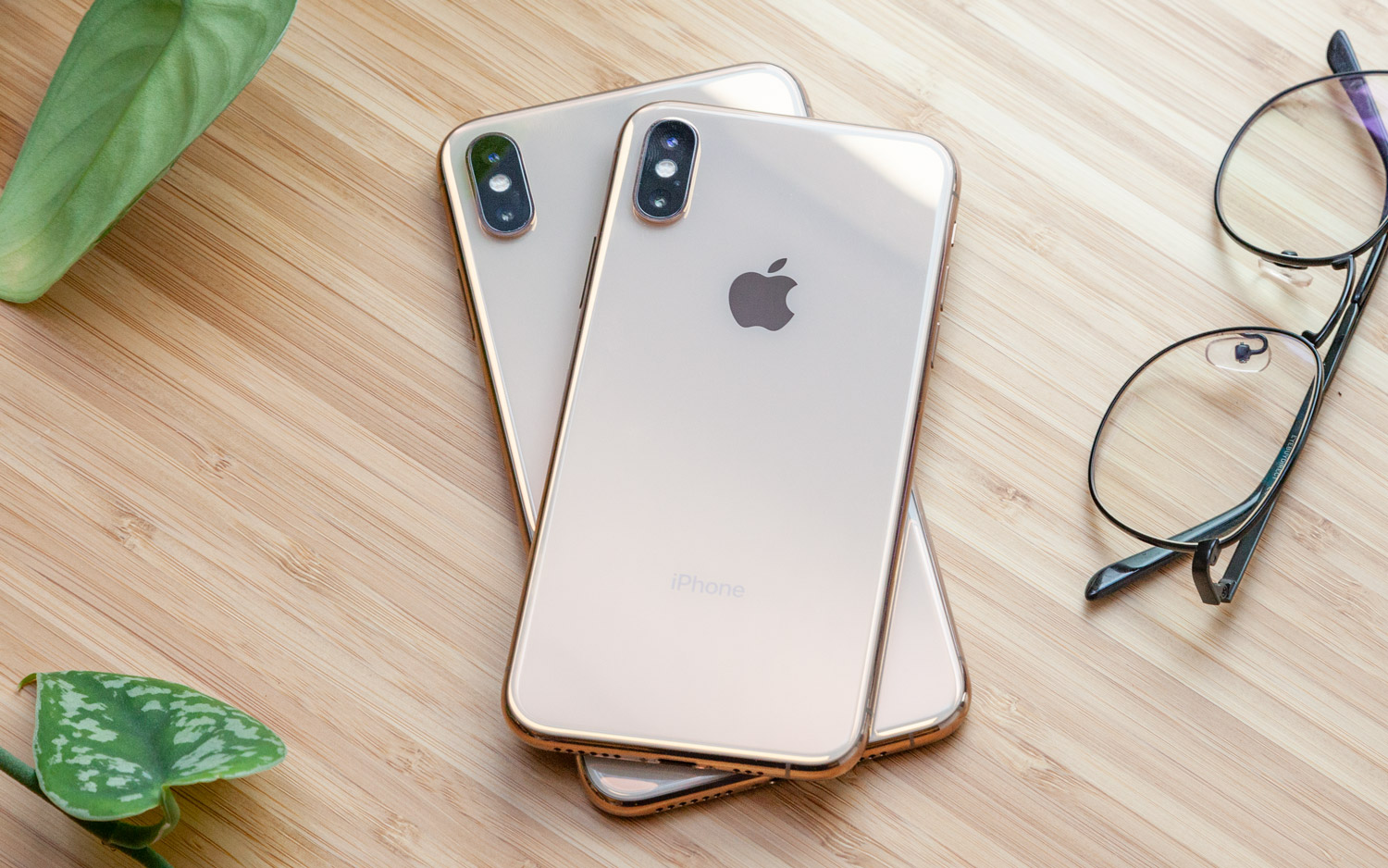Are iPhone VPNs safe?
Can you trust the VPN apps available on the App Store?

Here at Tom’s Guide our expert editors are committed to bringing you the best news, reviews and guides to help you stay informed and ahead of the curve!
You are now subscribed
Your newsletter sign-up was successful
Want to add more newsletters?

Daily (Mon-Sun)
Tom's Guide Daily
Sign up to get the latest updates on all of your favorite content! From cutting-edge tech news and the hottest streaming buzz to unbeatable deals on the best products and in-depth reviews, we’ve got you covered.

Weekly on Thursday
Tom's AI Guide
Be AI savvy with your weekly newsletter summing up all the biggest AI news you need to know. Plus, analysis from our AI editor and tips on how to use the latest AI tools!

Weekly on Friday
Tom's iGuide
Unlock the vast world of Apple news straight to your inbox. With coverage on everything from exciting product launches to essential software updates, this is your go-to source for the latest updates on all the best Apple content.

Weekly on Monday
Tom's Streaming Guide
Our weekly newsletter is expertly crafted to immerse you in the world of streaming. Stay updated on the latest releases and our top recommendations across your favorite streaming platforms.
Join the club
Get full access to premium articles, exclusive features and a growing list of member rewards.
On the App Store, you’ll find hundreds of VPN apps that promise to improve your online browsing experience. A VPN is a virtual private network, and when using an iPhone VPN service, you connect to the internet through a relay server. The app will encrypt your internet browsing, so you can stay private and anonymous no matter what you’re doing online.
But are VPNs actually safe to use on your iPhone? In this article, we outline why you must choose from the best VPN services for iPhone if you want your browsing to be truly secure and private.
- Setup VPN: our comprehensive guide for all devices
- Here's exactly how to change region on Netflix
Are iPhone VPNs secure?
VPN clients running on iPhone are as secure as the VPN protocols in use, and how well these protocols have been put into practice. VPNs can use anything from insecure Point-to-Point Tunneling Protocol (PPTP) to ultra-secure open-source OpenVPN, with AES 256-bit key encryption and 2048-bit RSA authentication.
On iPhones running iOS 8 or earlier, VPNs are more likely to use the Layer 2 Tunneling Protocol (L2TP), which is secure but slower than PPTP. Newer VPNs on iPhone often use Internet Key Exchange Version 2 (IKEv2), which is both fast and secure. One of IKEv2’s strengths is it’s quick to reconnect if you momentarily lose 3G/4G/LTE signal, making it perfect for on-the-road use.
Are all iPhone VPNs the same?
VPN clients running on iPhone are as secure as the VPN protocols in use, and how well these protocols have been put into practice. VPNs can use anything from insecure Point-to-Point Tunneling Protocol (PPTP) to ultra-secure open-source OpenVPN, with AES 256-bit key encryption and 2048-bit RSA authentication.
On iPhones running iOS 8 or earlier, VPNs are more likely to use the Layer 2 Tunneling Protocol (L2TP), which is secure but slower than PPTP. Newer VPNs on iPhone often use Internet Key Exchange Version 2 (IKEv2), which is both fast and secure. One of IKEv2’s strengths is it’s quick to reconnect if you momentarily lose 3G/4G/LTE signal, making it perfect for on-the-road use.
What safety features should I look for?
Every VPN claims to offer privacy, but not all of them go into any detail. Look for what encryption the VPN uses. For example, ExpressVPN is a service that’s transparent about the technologies that it runs on. The company uses 4096-bit SHA-512 RSA certificates with AES-256-CBC and HMAC. You can check the VPN’s configuration files to confirm this.
ExpressVPN has DNS leak protection and runs its own 256-bit encrypted DNS servers. These servers are zero-knowledge, meaning that even the company itself can’t see what you’re accessing – plus the servers run only on RAM, which means vulnerable hard drives have been eliminated from the data chain.
You should also check the logging policy of the VPN service. Choose a VPN that doesn’t keep a log of connections, traffic, or IP addresses, so once you disconnect, there’s little to no trace that you ever used it.
What’s the best iPhone VPN?
In terms of security, privacy and auditing, a number of popular VPNs stand out. For example, NordVPN has recently undergone its second independent audit, and basic VPN provider TunnelBear prides itself on its regular audits. However, both of these lacks the configurability and versatility of our winner, ExpressVPN, which has been audited and also aced every test we put in front of it.
ExpressVPN is the best iPhone VPN available.
ExpressVPN has one of the strongest levels of security that we’ve ever seen on a VPN, and no logs are stored of your browsing activities. There’s even a Privacy and Security Tools menu on Android, so you can check that your IP address is hidden and that you don’t have any DNS leaks. It’s easy to recommend ExpressVPN as the top iPhone VPN overall.
You'll have 24/7 live chat support for the unlikely situation that anything goes awry, and you'll also get a 30-day money-back guarantee to test it out. On top of that, Tom's Guide readers can claim three months free on an annual plan. What's not to like?
Get instant access to breaking news, the hottest reviews, great deals and helpful tips.

Richard is a technology writer with over 20 years experience in website development, marketing, and SEO. A graduate in Computer Science, he has lectured in Java programming and built software for companies including Samsung and Walmart. Richard writes for TechRadar, IT Pro, Tom's Guide, and PC Gamer.
 Club Benefits
Club Benefits











